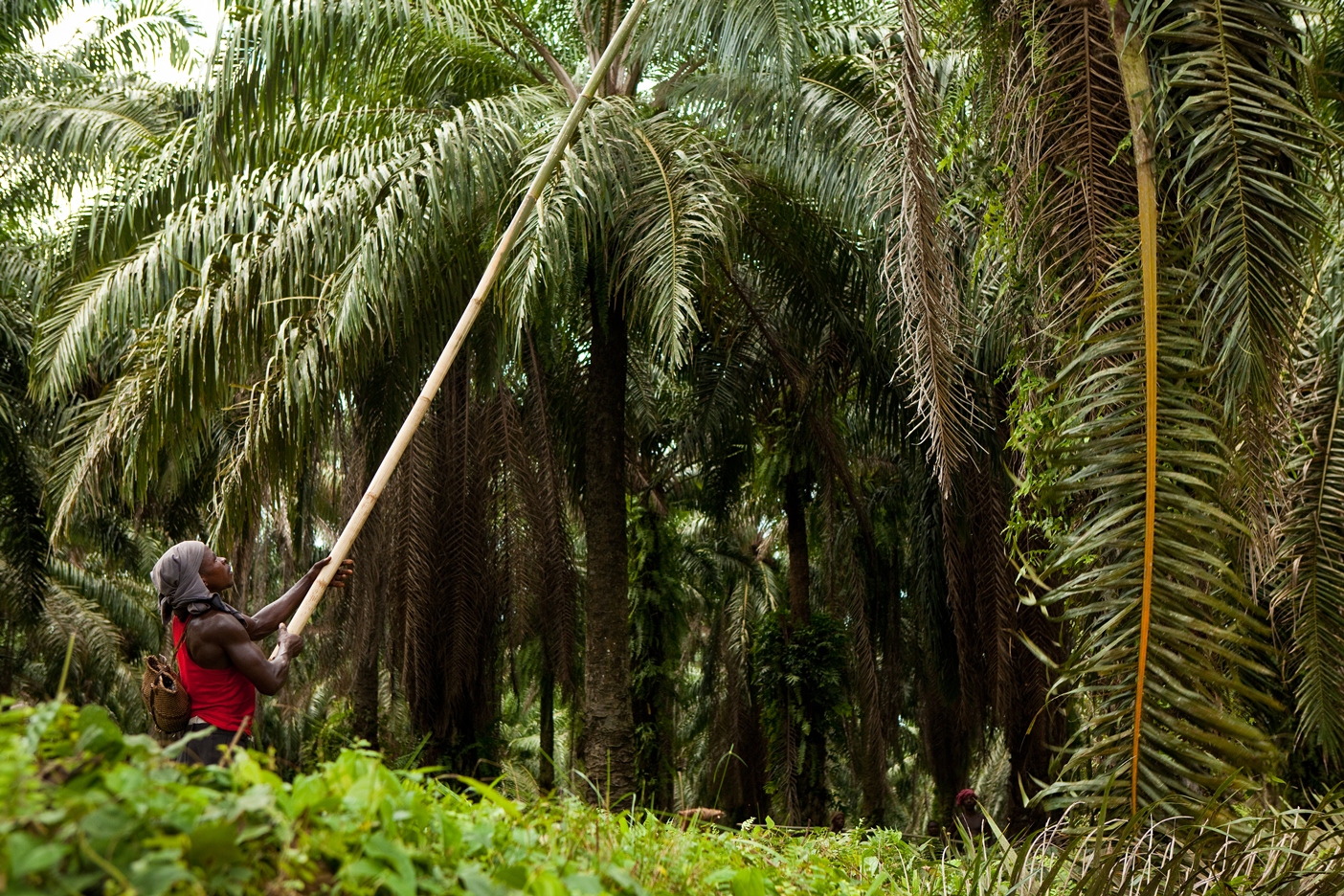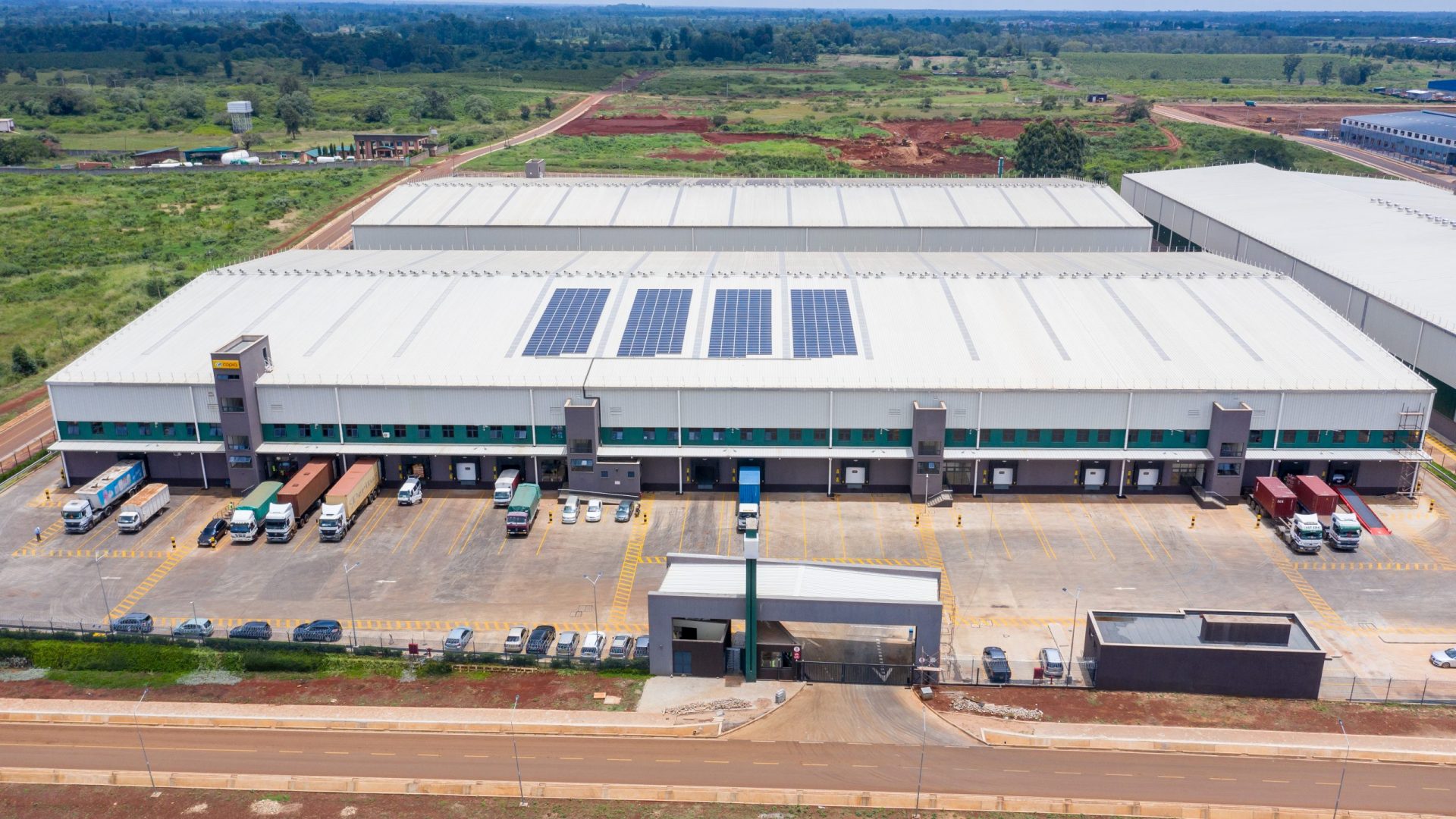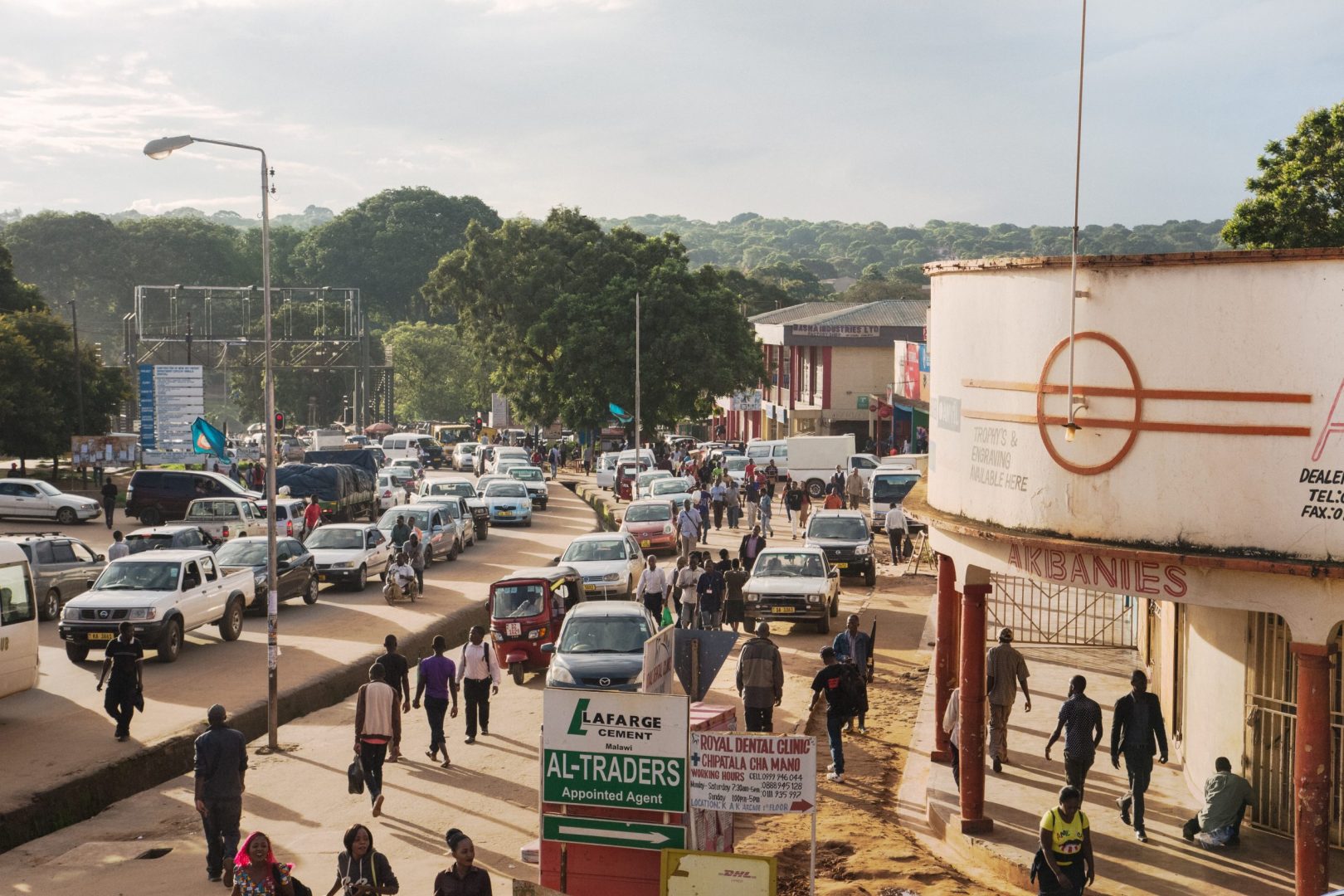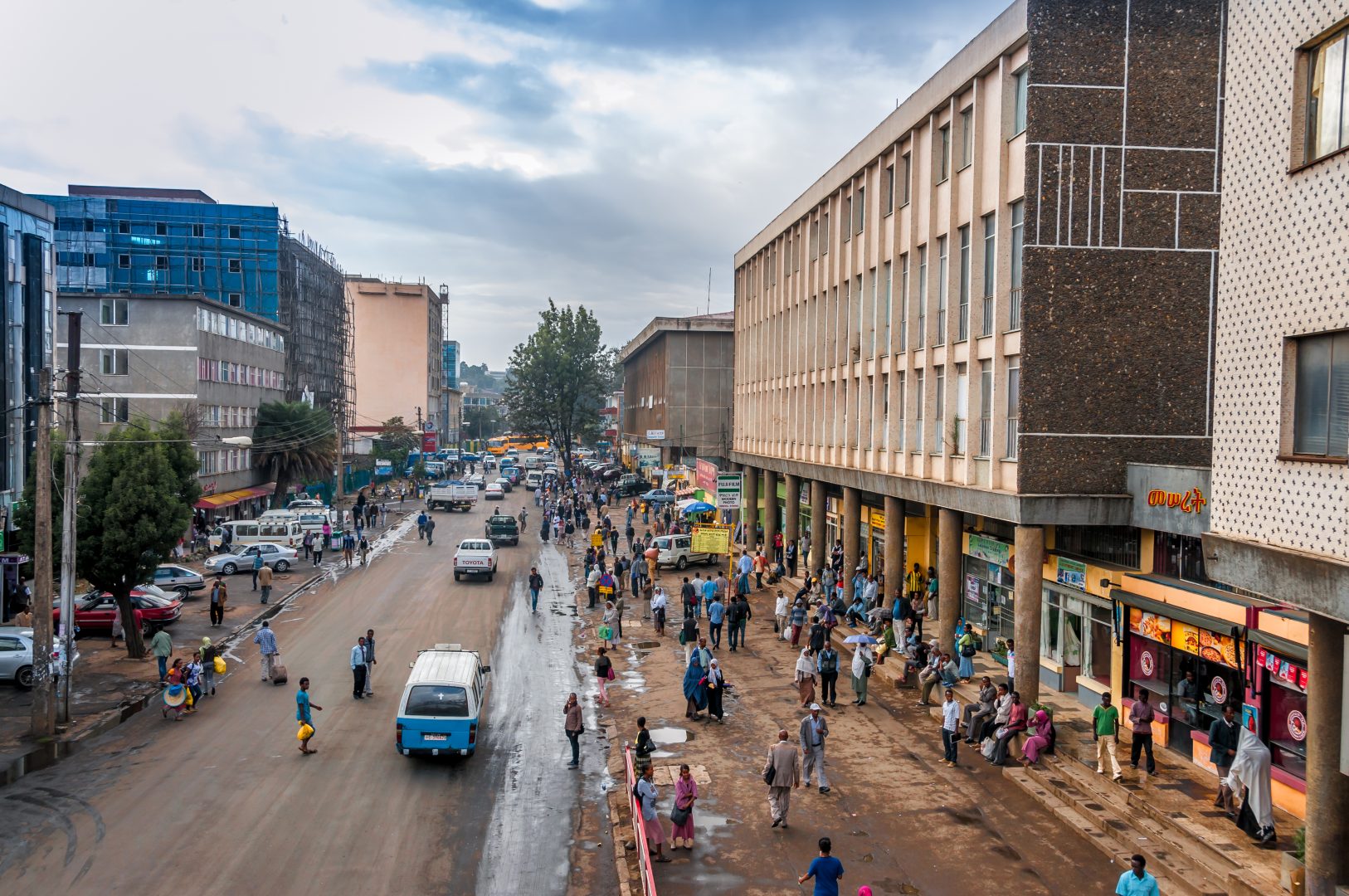Rice is one of the most consumed staples in Nigeria; it’s estimated that Nigerians consume more than five million metric tons of rice each year. In recent decades, insufficient local rice production has emerged as a significant food security issue. A historically weak agricultural sector paired with a growing population means Nigeria relies heavily on rice imports to meet a growing demand.
Several strategies have sought to boost local production, increase food security and diversify Nigeria’s economy, with mixed results. For example, in 2015 the Central Bank of Nigeria blocked the use of foreign exchange to import dozens of items, including rice, which caused prices to skyrocket as local farmers struggled to meet demand. Domestic rice production has increased since then, however, historical lack of investment in agriculture has led to low productivity, and local farmers struggle to compete with much cheaper imported rice.
This challenge has been exacerbated by Covid-19 as the pandemic has severely disrupted imports, causing provisions to diminish and rice prices to increase. In addition, the sharp decline in oil prices as a result of the pandemic has reinforced the importance of import substitution and diversifying Nigeria’s economy away from oil.
To help strengthen Nigeria’s agricultural sector, in 2017 CDC committed $15 million to Sahel Capital’s Fund for Agricultural Finance in Nigeria (FAFIN). FAFIN backs sustainable businesses that seek to revolutionise the Nigerian agribusiness landscape while creating jobs, improving productivity, and strengthening supply chains. One such business is Coscharis Farms, an integrated rice processor in Nigeria with nearly 2,500 hectares of land for rice cultivation.
Coscharis Farms has a modernised approach to large-scale farming with potential to improve rice yields and introduce innovations and efficiencies into the value chain. Our latest Insight study, What’s the impact of modern rice farming in Nigeria? , explores the impact of the Coscharis Farms model and how the business contributes to food security and employment generation in Nigeria. Conducted by 60 Decibels and CDC, in partnership with FAFIN and Coscharis Farms, the study draws on interviews with more than 60 of its employees and contractors.
Key findings include:
- Coscharis Farms is helping to reduce Nigeria’s dependency on rice imports and improve food security. The modern farming model adopted by Coscharis Farms helps to address the current supply shortfall.
- The Coscharis Farms model is improving agricultural productivity through introducing modern farming methods. It currently achieves 1.3–1.7 times higher rice yields than the regional average. This is an important achievement in the Nigerian context – where low rice yields have been a persistent challenge, making it difficult for local rice farmers to compete with cheap imported rice.
- Coscharis Farms creates job opportunities, with many of its workers previously unemployed, and contributes significantly to workers’ family incomes. Before working for Coscharis Farms, 32 per cent of the staff were not employed and 8 per cent worked only sporadically. The company employs 292 full-time equivalent workers who are mostly farmers, and direct job creation is expected to grow as operations expand. About half of the workers surveyed reported that their salary from Coscharis Farms was their family’s only source of income.
- Coscharis Farms workers report their quality of life has improved. 62 per cent of current employees report that their quality of life has improved since joining Coscharis Farms. Workers value the timely payment of salaries, professional development opportunities and benefits packages provided by Coscharis Farms.
The study also presented Coscharis Farms with a range of feedback from workers, and the company has recently introduced efforts to address some of these issues, including assessing the training needs and other needs of its staff.
Our research supports the notion that modern large-scale farming focusing on staple crops is a viable solution to improve crop productivity and to help address food insecurity. We identify some potential opportunities to build impact further based on the study findings, by enhancing training opportunities, improving community relations, and enhancing communication across the organisation.
We hope this research provides actionable insights, both for Coscharis Farms and a wider audience of companies and investors interested in understanding how to support long-term, positive impact in this space.












